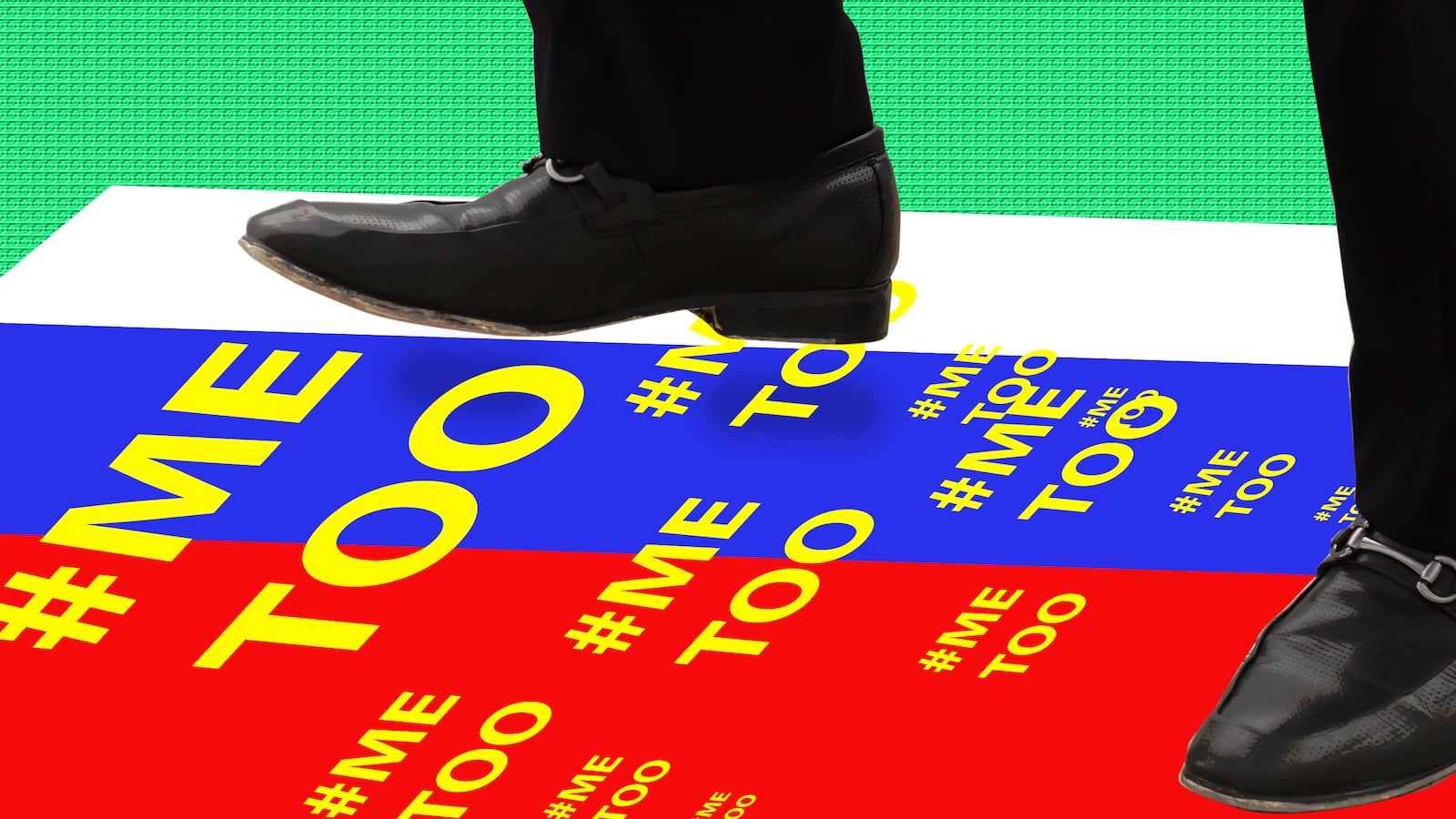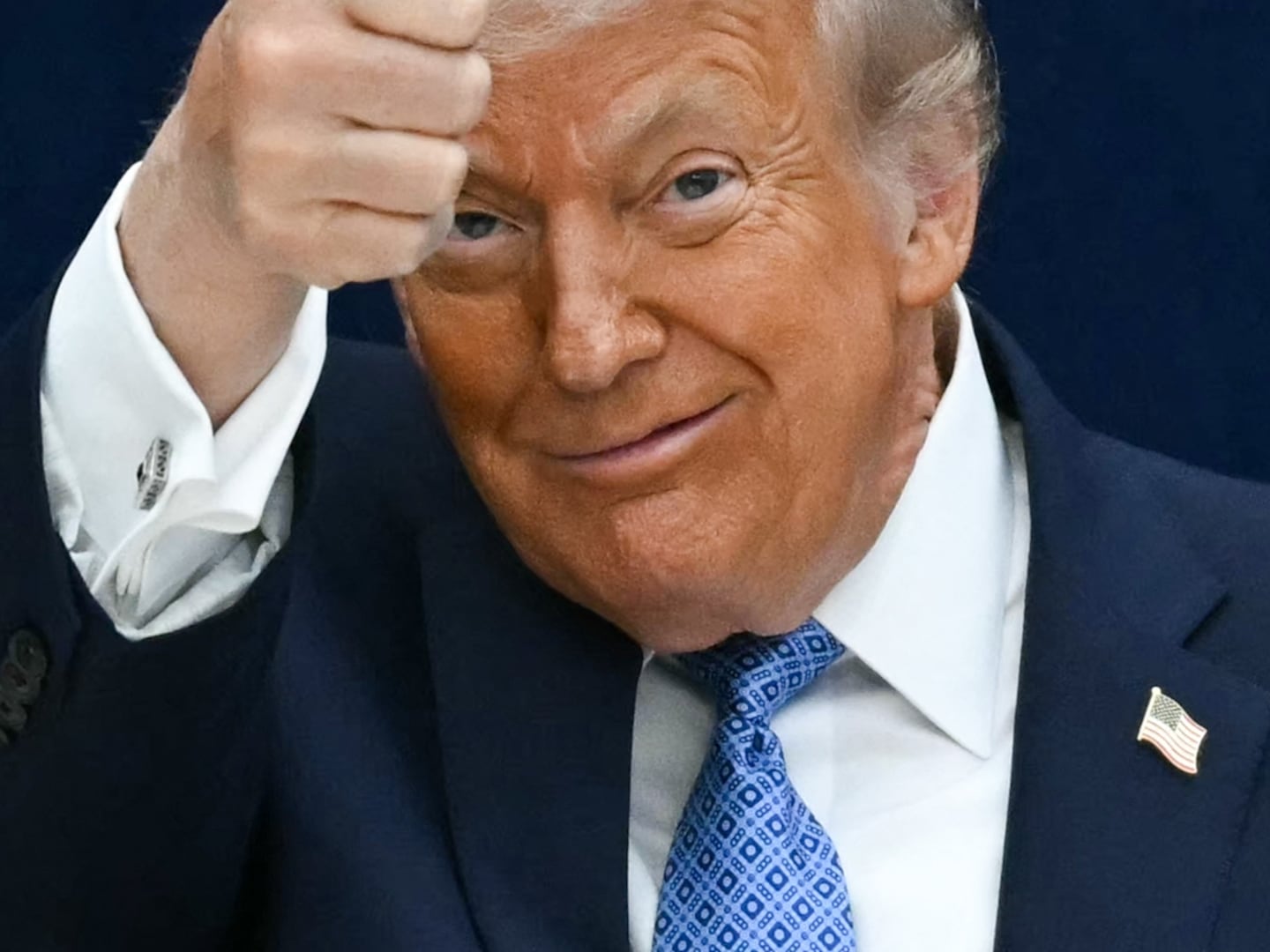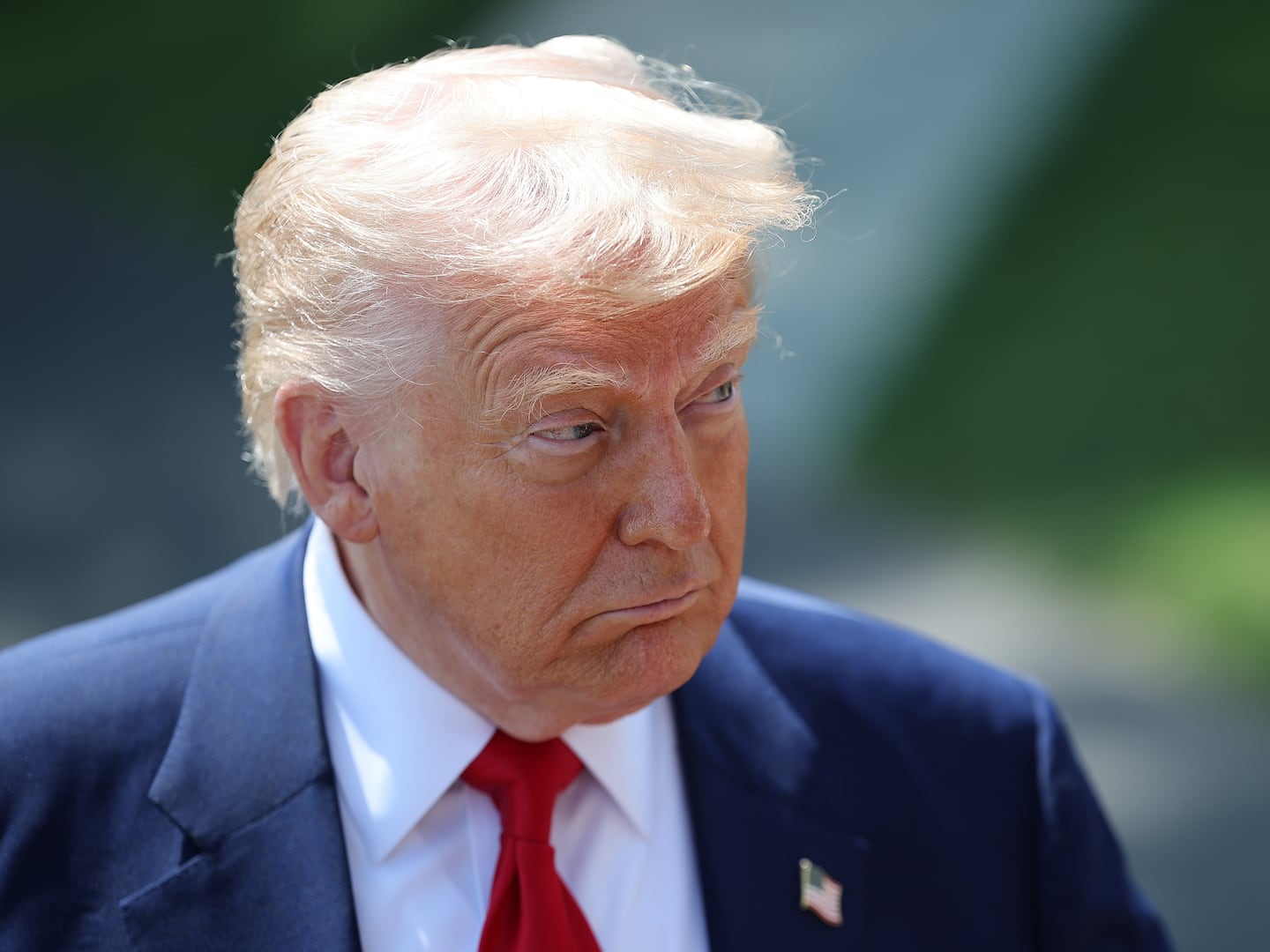Russia’s #MeToo movement is slowly opening up a national conversation over sexual harassment and abuses of power—particularly among powerful officials and wealthy patrons. Now, in an exclusive interview with The Daily Beast, Sergei Markov—a member of Belarus-Russia Union State public chamber—reveals his own story of sexual harassment.
Russia’s issue of officials abusing power is “much more significant and deep-rooted than in the West,” admitted Markov, who is a longtime supporter of Vladimir Putin's policies and a leading pro-Kremlin political analyst.
Markov remembered his own run-in with a harasser. It was a summer day in Soviet Moscow, not long after Markov had returned from military service with border troops in the Arctic region and entered university. A high official from the Communist Party invited Markov to his dacha, offering to show the philosophy student a few secret documents about The Solidarity, a Polish anti-communist movement.
“I was very interested in politics and agreed to visit,” Markov recalled.
Instead of talking history, the high official tried to take Markov to bed with him. “I understand victims of sexual harassment, who feel too shocked and too disgusted to reveal their personal stories, as I felt the same way back then—that night, I locked myself in the room but could not sleep, feeling paralyzed with shock and fear,” Markov shared with The Daily Beast.
The Kremlin has been grappling with the question of whether Russian officials should be punished for sexual harassment after several journalists accused MP Leonid Slutsky of unwanted advances. This week, the ethics committee of the lower house of Russian parliament, the Duma, cleared Slutsky. In response, 22 Russian media outlets made a decision to stop covering parliamentary news and to boycott the Duma.
Russia’s #MeToo movement made it to Moscow just a few weeks ago. Several Russian journalists revealed their very intimate and painful stories about parliament members harassing them. On Thursday, Current Time/Radio Free Europe reporter Renat Davletgildeev wrote a Facebook post about Duma deputy speaker Vladimir Zhirinovsky allegedly grabbing him by the buttocks during an interview.
Zhirinovsky is a veteran politician, known as Russia’s Trump. His associates immediately accused Davletgildeev of blackmail. “Now we expect an avalanche of personal stories about sexual harassment from Russian reporters, secretaries and other persons interacting with officials,” Ilya Azar, a journalist for Novaya Gazeta, told The Daily Beast. “It will take time before we see real changes but the media campaign has already played an important role.”
Hundreds of reporters and editors demonstrated solidarity after Duma speaker Vyacheslav Volodin told journalists “to change jobs” if they fear sexual harassment. Earlier this week, Azar—who is also an elected Moscow district deputy—joined a street protest outside the parliament, with a banner calling for Duma speaker Vyacheslav Volodin to stop defending Slutsky.
Rain TV was one of the first media outlets to demonstrate solidarity with the alleged victims. “Today, Russian officials with huge incomes humiliate reporters with modest salaries, acting as if they were masters and we were slaves,” Maksim Glikin, deputy editor in chief of Rain told The Daily Beast.
Several Duma deputies have mocked the issue of sexual harassment, trying their best to sweep it under the carpet. MP Valery Gartung, a member of the ethics committee, expressed his hopes that the backlash to the Harvey Weinstein scandal would not catch on in Russia. Slutsky’s colleagues in Zhirinovsky’s LDPT party demanded evidence from the alleged victims of sexual harassment. MP Anton Morozov joked about the journalists revealing their personal stories: “I am prepared to take a couple of female journalists myself,” he said.
Olga Bychkova, editor of Echo of Moscow, said that she had never seen so many Russian mass-media companies acting in solidarity against the parliament. “In spite of presidential elections, and Putin’s overwhelming victory, the #MeToo movement did not fade away," Bychkova pointed out in an interview with The Daily Beast. “The Duma has adopted numerous laws that made no sense; today we join the boycott against this ‘crazy printer’ [a nickname for the Duma] to demonstrate our attitude for the Duma’s self-discredited reputation.”
Rain’s editor Glikin pointed out that many Duma deputies had families living on the West, where the #MeToo movement has identified and sought to call out how imbalances of power and privilege can lead to harassment and abuse. “Many Russian officials, including MP Irina Rodnina, Putin’s press secretary Dmitry Peskov, MP Elena Mizulina, MP Sergei Zheleznyak have family members living in Europe and United States; one day their children will say: parents, you are stuck in the old age,” Glikin told The Daily Beast on Friday. “It is important for mass media to give a signal to officials living in huge mansions that we are not plebes, that it is time to stop abusing their power.”






